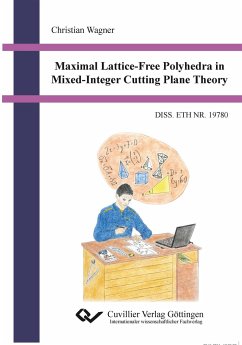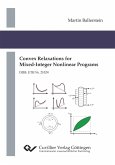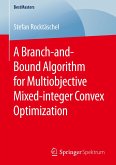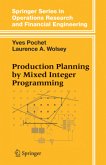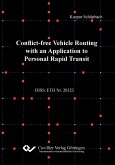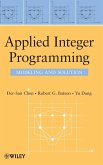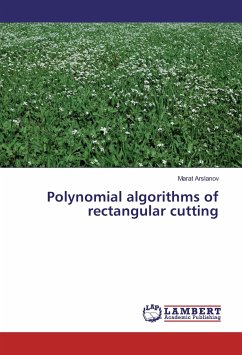This thesis deals with the generation, evaluation, and analysis of cutting planes for mixed-integer linear programs (MILP¿s). Such optimization problems involve finitely many variables, some of which are required to be integer. The aim is to maximize or minimize a linear objective function over a set of finitely many linear equations and inequalities. Many industrial problems can be formulated as MILP¿s. The presence of both, discrete and continuous variables, makes it difficult to solve MILP¿s algorithmically. The currently available algorithms fail to solve many real-life problems in acceptable time or can only provide heuristic solutions. As a consequence, there is an ongoing interest in novel solution techniques. A standard approach to solve MILP¿s is to apply cutting plane methods. Here, the underlying MILP is used to construct a sequence of linear programs whose formulations are improved by successively adding linear constraints ¿ so-called cutting planes ¿ until one of the linear programs has an optimal solution which satisfies the integrality conditions on the integer constrained variables. For many combinatorial problems, it is possible to immediately deduce several families of cutting planes by exploiting the inherent combinatorial structure of the problem. However, for general MILP¿s, no structural properties can be used. The generation of cutting planes must rather be based on the objective function and the given, unstructured set of linear equations and inequalities. On the one hand, this makes the derivation of strong cutting planes for general MILP¿s more difficult than the derivation of cutting planes for structured problems. On the other hand, for this very reason, the analysis of cutting plane generation for general MILP¿s becomes mathematically interesting.
Hinweis: Dieser Artikel kann nur an eine deutsche Lieferadresse ausgeliefert werden.
Hinweis: Dieser Artikel kann nur an eine deutsche Lieferadresse ausgeliefert werden.

